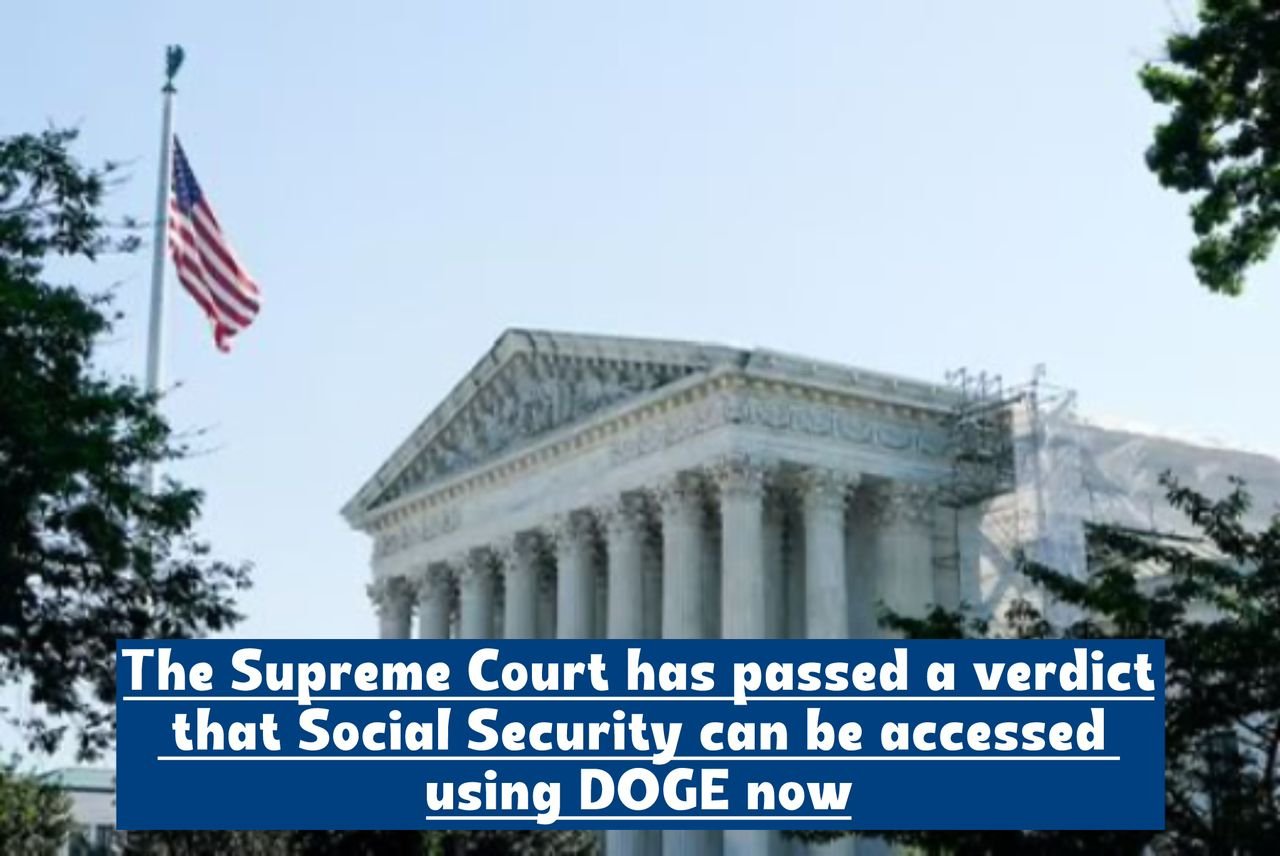The Department of Government Efficiency was granted access to Social Security systems that contain sensitive information by the U.S. Supreme Court on Friday.
The ruling invalidated a lower Maryland court order that prohibited DOGE from obtaining specific Social Security information in accordance with federal privacy laws.
Social Security numbers, medical information, citizenship records, education records, and tax returns for millions of Americans are all included in the data collected by the U.S. Social Security Administration.
The court stated in an unsigned order that, under the current circumstances, SSA may proceed to grant members of the SSA DOGE Team access to the agency records in issue in order to facilitate their work.
The three liberal justices, Elena Kagan, Sonia Sotomayor, and Ketanji Brown Jackson, dissented from the ruling, while the six conservative justices voted in favor of it.

According to Jackson, the ruling resulted in “grave privacy risks” for millions of Americans by granting DOGE “unfettered data access” despite its failure to demonstrate any need or interest in adhering to existing privacy safeguards. This is before it is determined whether federal law permits such access.
The ruling was issued shortly after Elon Musk, the former chief of DOGE, departed the government and a day after he and President Donald Trump exchanged personal attacks in response to a disagreement over the president’s “Big, Beautiful” bill.
Trump and Musk have both previously stated that the newly-established agency’s work would continue, but the path forward for DOGE after Musk’s departure remains uncertain.
The Trump administration has stated that DOGE requires access to Social Security information in order to continue its primary objective of eliminating government waste.
Musk has previously referred to Social Security as a “Ponzi scheme” and has advocated for the elimination of excess within the program.
In a previous ruling, Maryland U.S. District Judge Ellen Hollander determined that DOGE’s efforts with Social Security were a “fishing expedition” that was founded on “little more than suspicion” of fraud. Nevertheless, she granted some access to anonymous data for DOGE employees who had undergone background reviews.
Leave a Reply